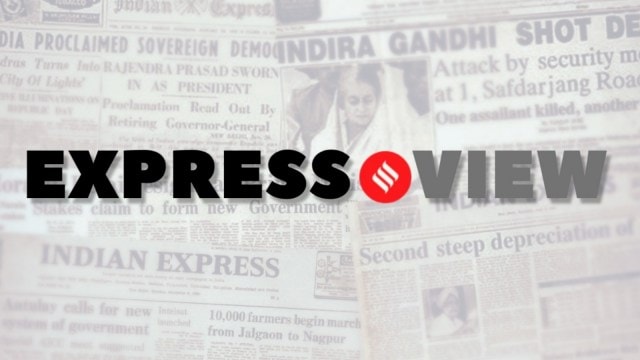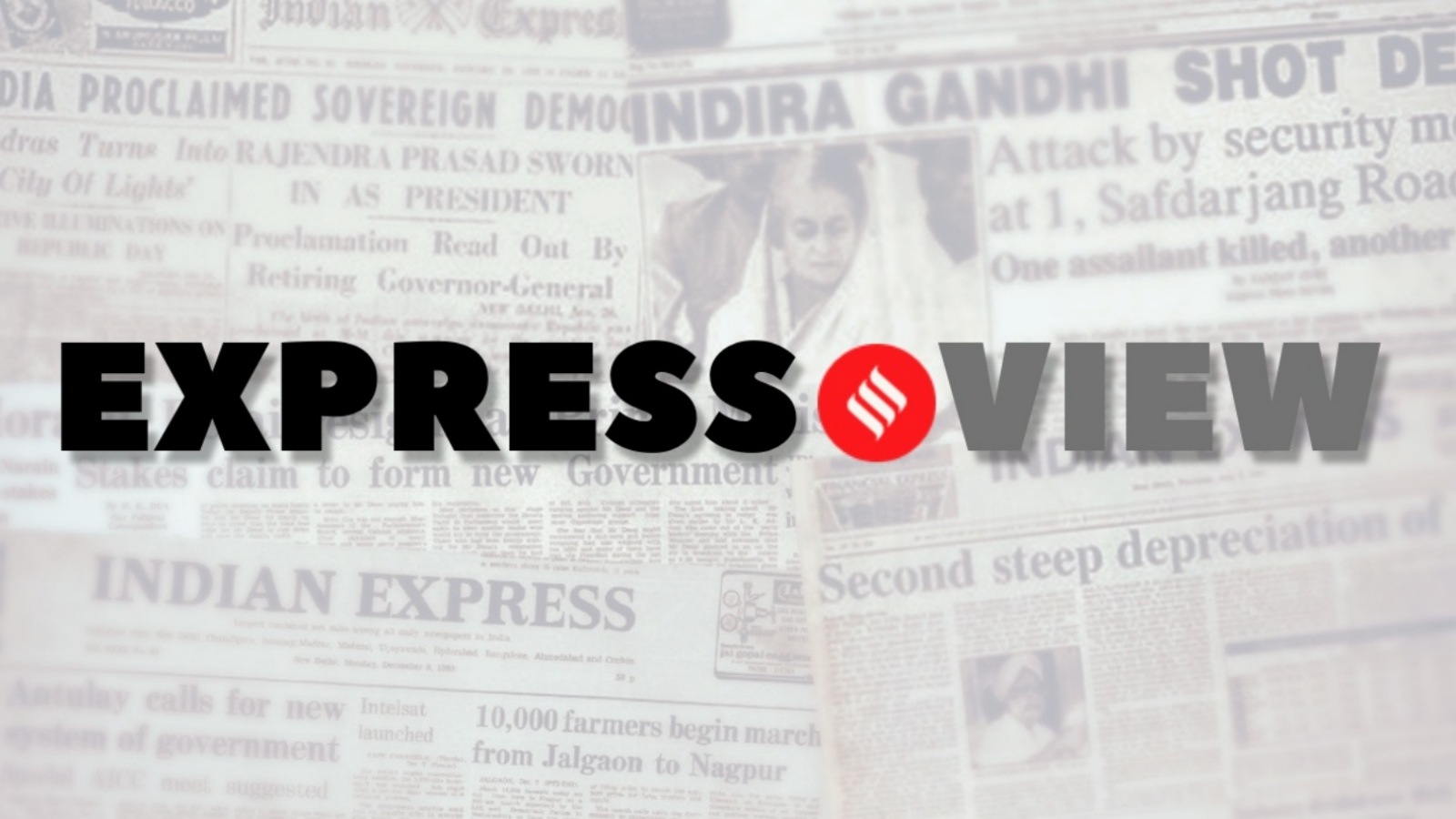
In announcing the dates for the Assembly elections in Jammu and Kashmir (J&K), to be held in three phases on September 18, 25 and October 1, Chief Election Commissioner Rajiv Kumar referred to “awaam ki umeedein” (the people’s hopes) to change their destiny and script their futures. Five years after the reading down of Article 370 and the end of “special status” — a period in which the political process had come to a standstill — this deference to the people’s aspiration is enormously welcome. It is an important step forward. It offers an opportunity to recalibrate and reset the terms of asymmetry that had resulted from J&K’s changed status as a Union territory by Delhi in a way that was seen to by-pass the people.
In the aftermath of the abrogation, the restrictions on civil liberties had raised disquieting questions on the democratic deficit that seems to be the perennial inheritance of J&K. There has been no assembly election in the state-turned-Union Territory since 2014 and the last assembly was dissolved in 2018. Elections for District Development Councils were held towards the end of 2020, in which Delhi’s experiment to set the field for the emergence of new political actors, having disempowered and relegated the state’s old leadership, had gotten off to a stuttering start. At the same time, a stricter clampdown on terror and greater investments in economy and governance have yielded cautious optimism. For instance, the ‘New Central Scheme for Industrial Development in Jammu and Kashmir’, announced in January 2021, has seen private investments worth nearly Rs 7,000 crore; tourism has increased more than two-and-a-half times to 2.11 crore last year, according to government data. These transformations have shown up, as the CEC put it, in the people turning their back on “boycott” and the “bullet” in favour of the “ballot”. The Lok Sabha elections earlier this year saw a heartening turnout in J&K — at 58.46 per cent, it was the highest in the last 35 years. In an interview to this paper on the eve of the abrogation’s fifth anniversary earlier this month, the J&K LG, Manoj Sinha, had spoken of the impact of the high turnout — “People’s faith in democracy has strengthened, and they believe jamhooriyat is the way forward” — while assuring that panchayat and local body elections would follow the elections to the Assembly. Given that key powers now rest with the L-G, the onus is on him, too, to ensure that the Assembly gets the space that is its due.
Of course, tough challenges lie ahead. Cross-border terror remains a threat — in recent days, the theatre has moved south of Pir Panjal, to the Jammu region. A series of reports in this paper earlier this month had pointed out J&K’s excessive reliance on funds from the Centre, low agricultural productivity, power deficiency as well as insecurity over jobs and land. For change to take seed, it is imperative that these concerns are addressed by a government that is responsive and accountable, and that people are made a part of the processes of governance that allow their voices to be heard and heeded. The CEC mentioned that there are 3.71 lakh voters who will vote for the first time this year. The Centre must pay heed to their aspirations and anxieties to ensure that the alienation that has haunted past generations does not become their burden as well.
© The Indian Express Pvt Ltd
First uploaded on: 17-08-2024 at 07:00 IST


